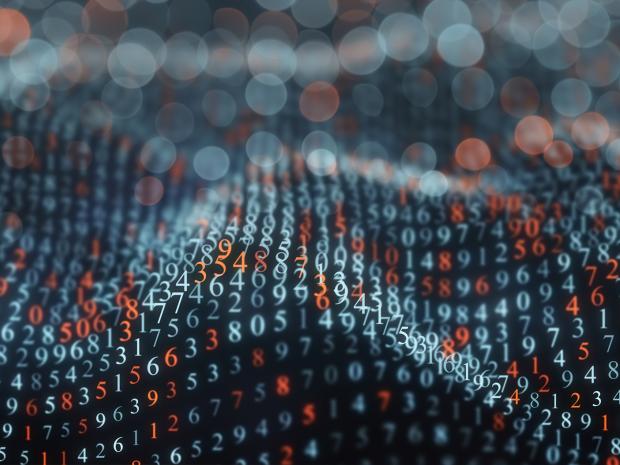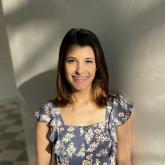- Academics
Mathematics, B.S.
On Campus

Mathematics forms the backbone of many scientific fields. It provides the theory and methods essential to understanding the fundamentals of such areas as physics, engineering, and computer science. With a firm grasp of mathematics, you’ll have the widest possible base from which to launch explorations of related disciplines.
The Courant Department of Mathematics is the math department for the Tandon School of Engineering. The department is responsible for mathematics classes across the University and services all students.
Please visit the NYU Courant Department of Mathematics Website for Tandon Students for more information about our programs at Tandon.


